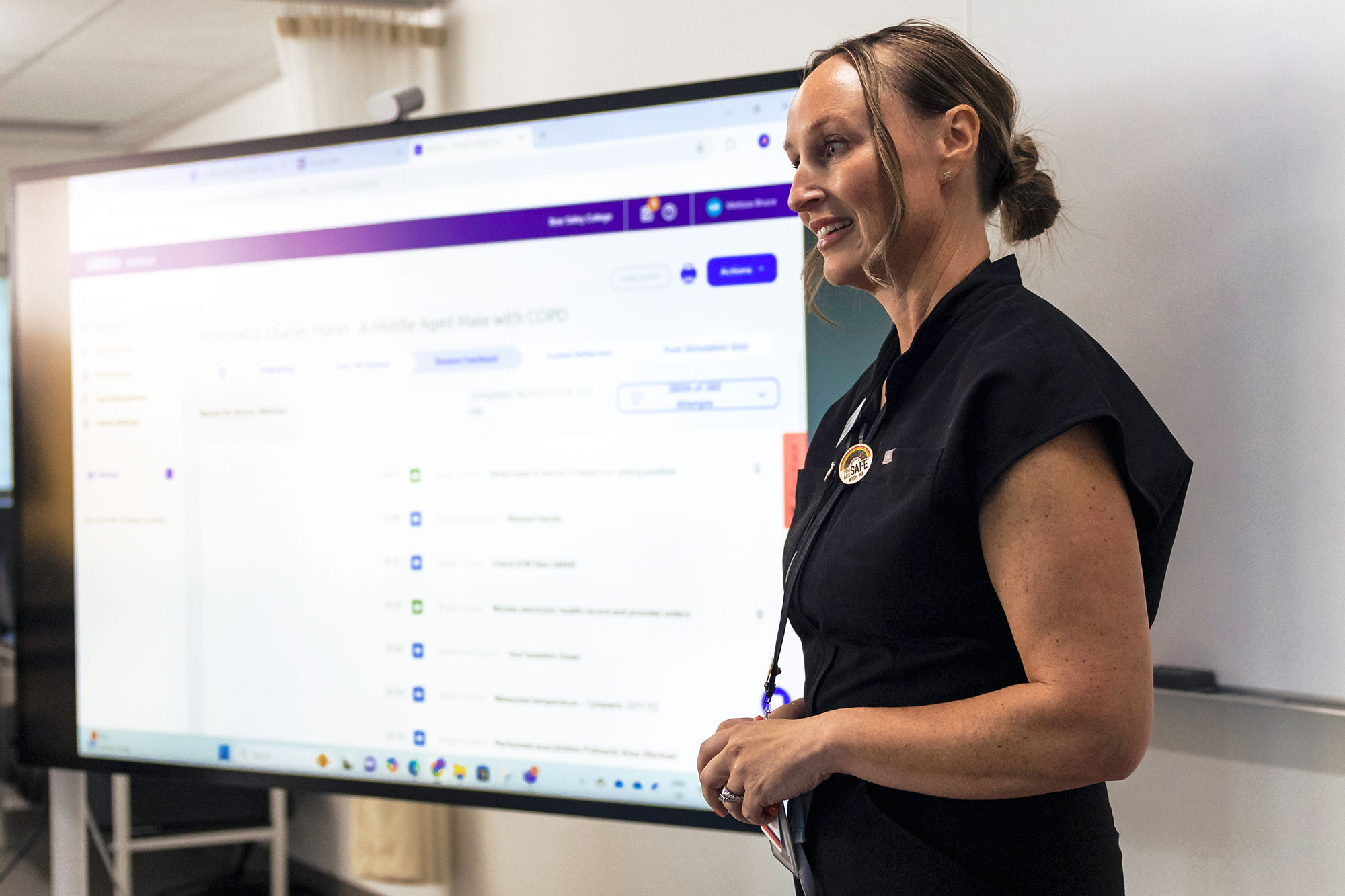Retaining Millennial Nurses: Unlocking the Key to Long-Term Success in Healthcare
.jpeg)
Table of Contents
Name of the heading
1- Start your table with the syntax {start-table}
2 - Add an H3 Heading to create a new column (this will be the column title)
3 - List cells as bullet points in a List element
4 - End your table with the syntax {end-table}
The retention of millennial nurses is crucial for the long-term success and sustainability of the healthcare industry. As the largest generation in the workforce today, millennials bring a wealth of knowledge, skills, and fresh perspectives to the healthcare profession.
Millennial nurse turnover poses a considerable obstacle for healthcare organizations. Several factors contribute to this challenge, including the high demand for healthcare services, an aging population, and the competitive job market. Additionally, millennial nurses often face burnout, work-related stress, and a desire for work-life balance, leading to higher turnover rates.
A literature review found “Creating a healthy work environment that is collaborative, fair, flexible, challenging, and provides opportunities for growth may keep millennial nurses engaged.” We’ve aligned each of these aspects with a strategy to retain millennial nurses.
1. Collaborative
Establishing Meaningful Feedback and Communication Channels
Building a collaborative work environment is essential for millennial nurse retention. Regular performance evaluations, constructive feedback, and open communication channels foster engagement and promote a sense of belonging.
Key Stat: An analysis by Press Ganey found. “Nurses younger than 35 who have been at their current employer for less than a year are most likely to leave voluntarily. Specifically, new hires who don’t have a connection with their team, managers or organization are at the greatest risk for turnover—approximately one in five nurses who fits this profile leaves their job.”
2. Fair
Enhancing Work-Life Balance
Addressing work-life balance is crucial for retaining millennial nurses. Offering flexible scheduling and shift options allows them to manage personal responsibilities effectively. Implementing employee wellness programs and promoting self-care and stress management initiatives demonstrate a genuine concern for their well-being.
Key stat: A 2023 survey found that at least 4 in 5 millennial nurses, or 85%, experience a great deal or a lot of stress in their job.
3. Flexible
Leveraging Technology for Engagement and Efficiency
Utilizing technology tools can improve engagement and efficiency for millennial nurses. Digital platforms facilitate streamlined communication, enabling efficient collaboration and information sharing. Embracing telehealth and remote work options expands flexibility and accommodates their preferences for a work environment that embraces technology.
Key tool: UbiSim immersive virtual reality, a platform built entirely for nurses, is another way to leverage technology to help retain nurses in hospitals. This technology can help with orientation, onboarding, continuous training, and retention.
Check out how Boston Children’s Hospital is leveraging UbiSim’s immersive VR with its nursing trainees.
4. Challenging
Promote Leadership Opportunities
Providing opportunities for millennial nurses to assume leadership roles fosters their professional growth and engagement. Establishing pathways for career advancement, mentorship programs, and training initiatives develop their leadership skills and empower them to influence decision-making processes within the organization.
Key stat: The U.S. Bureau of Labor Statistics confirms that 89 percent of the nursing workforce comprises women; however, when it comes to executive leadership positions, the numbers skew in the opposite direction. There needs to be fair treatment that encourages women to climb the ladder in the nursing profession.
5. Opportunities for Growth
Providing Professional Development
Millennial nurses value opportunities for growth and development. Offering career advancement and growth pathways, implementing mentorship and coaching programs, and supporting continuous education and training demonstrates a commitment to their professional growth. Providing access to resources and networking opportunities allows them to enhance their skills and knowledge.
Check out The Association for Nursing Professional Development and American Nurses Association for some professional development opportunities!
Conclusion
The key to retaining millennial nurses lies in addressing their specific needs through a comprehensive strategy. This includes creating a collaborative, fair, flexible, and challenging work environment, as well as providing opportunities for growth. This strategy requires not only a shift in mindset but also tangible changes in organizational practices. By making these adjustments, healthcare organizations can improve nurse retention, leading to increased workforce satisfaction, better patient care, and overall long-term success in the industry.
FAQs
Heading 1
Heading 2
Heading 3
Heading 4
Heading 5
Heading 6
Lorem ipsum dolor sit amet, consectetur adipiscing elit, sed do eiusmod tempor incididunt ut labore et dolore magna aliqua. Ut enim ad minim veniam, quis nostrud exercitation ullamco laboris nisi ut aliquip ex ea commodo consequat. Duis aute irure dolor in reprehenderit in voluptate velit esse cillum dolore eu fugiat nulla pariatur.
Block quote
Ordered list
- Item 1
- Item 2
- Item 3
Unordered list
- Item A
- Item B
- Item C
Bold text
Emphasis
Superscript
Subscript
Explore more

From 30 Minutes to 3: How AI Enhanced Analytics Transforms Debriefing Preparation
AI Enhanced Analytics: Scenario Performance Data now available in UbiSim's Version 1.19
.jpg)
Behind the Scenes: How We Brought Incisions & Dressings to Life in VR
How the UbiSim team built a VR system displaying 300+ distinct incision states—balancing clinical accuracy, technical constraints, and nursing education needs.
.jpg)
Step Inside the Room of Errors: Playful Exploration, Serious Skills
Learn how UbiSim's Room of Errors transforms nurse training through investigative play. Students spot hidden safety risks and build situational awareness.


